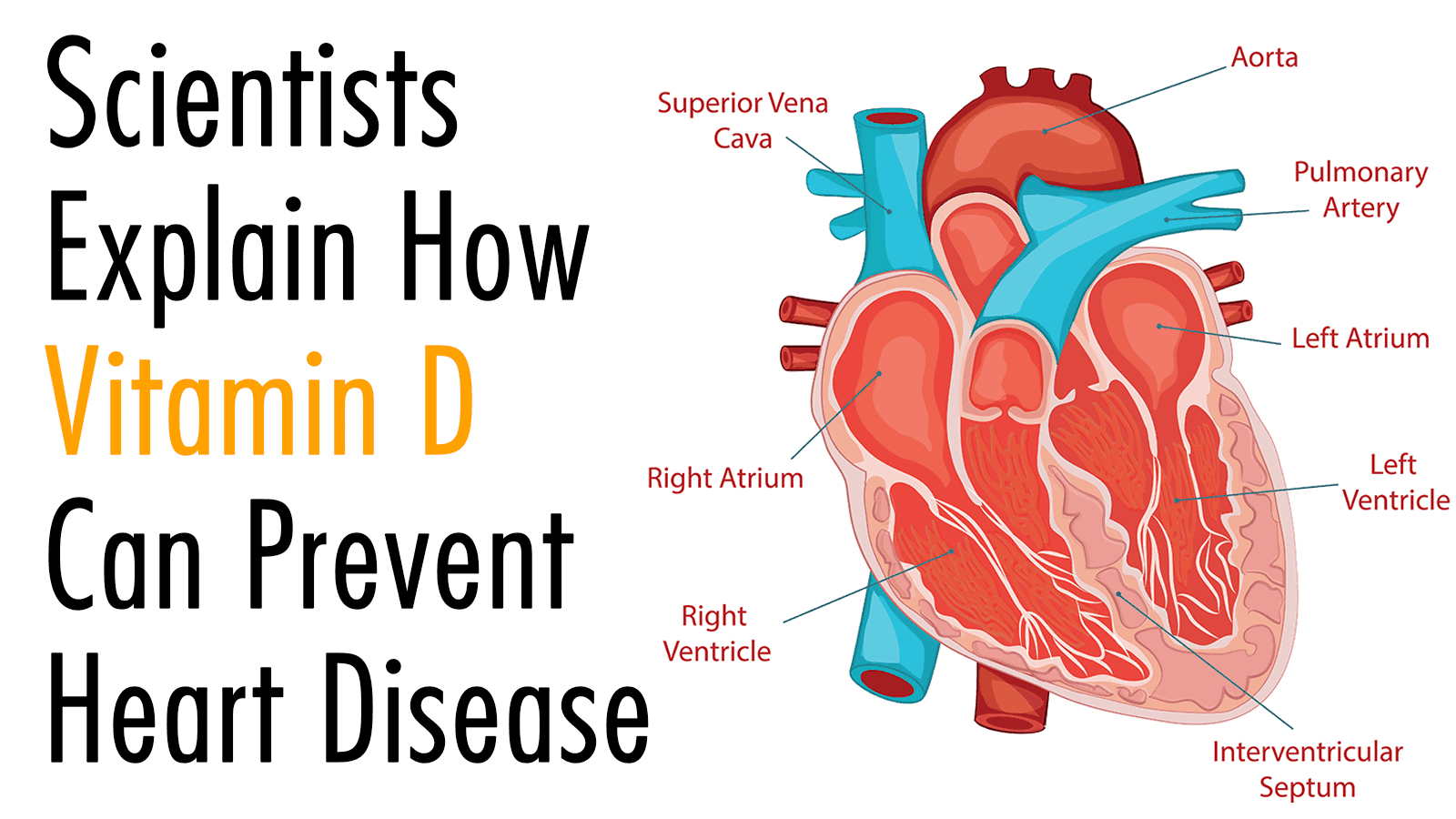Surviving a heart attack when you are home alone is possible, but you must know what to do.
Note: If you are reading this article because you believe you might be having a cardiac arrest, stop reading and call 911 right now.
According to research from the Centers for Disease Control, heart attacks kill someone every 40 seconds in the United States. This statistic makes it the leading cause of death, and many of those deaths happen when the person is alone.
If you consider the total number of heart attacks each year, nearly 735,000 in America, you will see that surviving a heart attack is possible. Receiving treatment right away is essential to reducing your risk of mortality, though. When you are alone, no one else is there to help you or call for emergency personnel.
By being unaware of what to do, you could put yourself into a dangerous and scary situation. Knowing which steps to take right away can make all the difference in saving your life.
Mistaking a Heart Attack for a Different Health Issue
Mistaking this emergency with other health problems, and not seeking prompt medical care, can help to explain why there are so many cardiac arrest fatalities in the U.S. Some of the health problems that can mimic a myocardial infarction include indigestion, heartburn, and reflux disease. If you have any of these health problems, you’re encouraged to speak with your doctor; they will be able to provide you with information that can help you discern true heart attack symptoms from those that may be related to other health problems.
15 Tips For Surviving a Heart Attack
Although many people suffer a heart attack, many of them will survive, provided they receive prompt medical care. Here are things you can do after you call 911.
1. Recognize Symptoms Early
If you know the early signs of a heart attack, you can act quickly and improve your odds of survival. Creating a plan for what you will do when any symptoms begin can help speed up the process even more.
Some of the early symptoms of a heart attack include:
- chest discomfort
- pain radiating from your arms, neck, jaw, or back
- nausea or vomiting
- feeling lightheaded or dizzy
- shortness of breath
- pale or clammy skin
- cold sweats
- indigestion
- fatigue
As soon as you recognize these signs and symptoms, get help so you can increase your chances of surviving a heart attack.
2. Take Aspirin
Research from Harvard Health shows that taking a 325-milligram dose of aspirin can save your life. Aspirin stops platelets from clumping together, preventing blood clots and buying you time while waiting for help. It also loosens up anything that has already started to clump, immediately improving blood flow to your heart.
Some professionals recommend chewing the aspirin. By chewing on it, you will dilute your blood and allow it to take effect quicker.
3. Trust Your Instincts
If you think something is wrong, don’t ignore it or assume you’re overreacting. Always take symptoms of a heart attack seriously and follow the steps for surviving a heart attack.
Researchers from Harvard suggest always listening to your instincts regarding your health. Don’t let anyone tell you that you’re fine if you feel like you aren’t, even if that person is a medical professional. Insist on being checked out in all cases.
4. Use a Defibrillator
If you are alone but in a public location, look around for a defibrillator. These devices send an electric shock to the heart, helping restore a normal heartbeat. Schools, airports, and government buildings often have one on-site for emergencies.
Don’t be afraid to flag down someone to help you use it. Even if they’ve never done it before, defibrillators come with easy-to-follow instructions so that anyone can use it.
5. Drink Water and Cayenne Pepper
Mix between half of a teaspoon and one teaspoon of cayenne pepper into hot drinking water if you experience signs of a heart attack. As a stimulant, cayenne pepper increases your heart rate and makes it easier for blood to circulate. The increased circulation is due to capsaicin, the active compound in cayenne pepper, which produces a heat sensation that widens the blood vessels.
Cayenne pepper also contains antioxidants and carotenoids, which decrease LDL cholesterol and blood triglycerides. This pepper can stop your blood from clumping and creating dangerous clots, making it ideal in this situation.
6. Lower Your Body Temperature
If you can lower your body temperature, you increase your chance of surviving a heart attack. A quick way to decrease your body temperature is by placing a cool towel under your arms or on your wrist. Using ice packs is even better if you have a few available.
According to the American Heart Association, naturally lowering the temperature in this way decreases your risk of experiencing brain damage. It stops chemical reactions that can damage your organs when full oxygen flow resumes. Lowering your body temperature also helps regulate your heart rate and encourages steady breathing.
7. Take Nitroglycerin
If you’ve had cardiac issues in the past, you have likely been prescribed nitroglycerin. Nitroglycerin is a tablet that relieves chest pain resulting from insufficient oxygen-rich blood. It also widens your arteries, quickly improving blood flow.
Keep these tablets with you, and always know where they are. When you have symptoms of a heart attack, taking them can save your life.
8. Avoid Activity and Stay Calm
As you wait for medical personnel, avoid any activity and sit down if you can. Focus on your breathing as you try to stay calm. Elevate your legs, if possible, because keeping them propped up helps open your diaphragm and regulate your breathing.
Staying calm is essential, or your heart rate could worsen, making the heart attack worse. If it helps, reassure yourself that help is on the way. Think about things that make you happy and the people you love, or count slowly as a distraction.
9. Call 911
If you experience any signs of a heart attack, call 911 immediately. You don’t want to wait to see if things improve because time is essential to surviving a heart attack. You should do this before you try any of these other tips!
You are also less likely to experience long-term damage from a heart attack if you get medical attention right away. By waiting, you could cause parts of the heart muscle to die. Calling 911 as soon as you experience symptoms could make all the difference in your survival.
When you call 911 instead of a friend or family member, you give yourself the best chance. Paramedics can begin the process of locating blockages, administering medication, and diagnosing you on the way.
10. Don’t Drive Yourself to the Hospital
Heart attack symptoms progress quickly, and if they worsen while driving, you could cause an accident. Researchers at the University of Pittsburgh Medical Center explain that you could even lose consciousness entirely, making an accident unavoidable.
Not only is getting in a car accident dangerous on its own, but it could worsen your heart attack symptoms, too. Plus, you will put other people at risk of danger, too. If you are driving when the pain begins, pull over immediately and call for help.
11. Prepare for First Responders
Once you’ve called for help, get ready for first responders. Unlock your door and rest near it if possible. If you have a list of the medications that you currently take and allergies you have, get it ready, as well.
The easier it is to get inside your home and locate you, the better your chances are of surviving a heart attack. Plus, having your list of medications and allergies ensures you receive safe treatment that won’t cause a reaction.
If you can, put your pets in another room and close the door. Don’t over-exert yourself with this, however, as resting is essential.
12. Understand the Likelihood
Anyone can suffer a heart attack, even if you are young. The risk does increase with age, but by understanding that anyone can have a heart attack, you will take the signs more seriously. Age isn’t the only factor to think about, either.
Understanding the likelihood of experiencing a heart attack can help save your life. If you have more than one of the risk factors, you must be vigilant to any signs. Factors that increase the risk include the following:
- unhealthy diet
- obesity
- drinking too much alcohol
- diabetes
- lack of exercise
- family history
- high cholesterol
- smoking
- high blood pressure
- excessive stress
13. Be Prepared
You never know when a heart attack will happen to you, so prepare yourself for an emergency. The first thing you should do is memorize the signs of a heart attack so that you can recognize them quickly. Calling for help within five minutes of the onset of symptoms is your safest opportunity.
Knowing and understanding your risk factors can help, too. That way, you can reduce the risk factors when possible and be more conscious of the other ones. You should also put together a list of your medications and allergies.
14. Call Someone Close to You
Once you have called 911 and know that first responders are in route, consider calling someone. If you have a neighbor that you trust, contact them to come and sit with you. Otherwise, call a family member or friend to help you stay calm.
Even if someone can get to you before the ambulance does, you should still wait for emergency personnel. First responders train to handle these situations, and they have the necessary equipment to keep you alive.
15. Take Deep Breaths
Maintaining a steady supply of oxygenated blood to the heart can help with surviving a heart attack. Taking deep breaths can help you get oxygen into your lungs and circulates your blood. Deep breaths also cause a squeezing pressure on the heart, potentially allowing it to return to a normal rhythm.
Final Thoughts on Tips for Surviving a Heart Attack
Heart attacks are, unfortunately, a common issue amongst adults. They are scary enough, but when you are alone, it can be terrifying. Using these tips for surviving a heart attack can save your life, though.
When you experience signs of a heart attack, your priority is to call 911. As you wait for first responders, these other tips will give you more time.
Final Thoughts: Commit These 11 Tips for Surviving a Heart Attack to Your Memory
Since other health problems can mimic heart attack symptoms, scheduling a health exam is more critical than ever. This is especially true if you fall into a high-risk category. Most of what contributes to cardiac arrest can be remediated by following your doctor’s recommendations and making positive lifestyle changes.
Most major risk factors for heart disease are well documented, making it easier for physicians to recommend treatments that have been vetted and proven effective. If it has been a while since your last physical exam, you’re encouraged to schedule an appointment with your physician today.
Indeed, the threat of a heart attack is something that we should all take seriously. If lifestyle or family genetics predisposes you to such an event, it is in your best interest to take the necessary steps to ensure you live a long, healthy life.
If this topic is one that resonates with you, and you believe that you’re at risk of cardiac arrest, you’re encouraged to follow the advice outlined in this article and also consult with your physician. It may just save your life or, at the very least, encourage you to make better lifestyle choices going forward.

















 Community
Community

